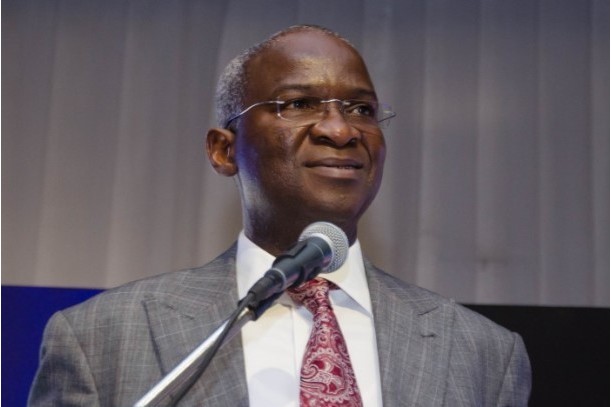Latest News
FG seeks $5.2 billion World Bank financing for power sector recovery

News Highlight
The Power Sector Recovery Programme aims to reduce losses in the distribution companies, enhance the sector’s financial viability, increase access to electricity services, and mobilize private sector investment.
Following a meeting between the Federal Government of Nigeria and the World Bank Group on April 22 – where the World Bank expressed its commitment to support the implementation of the government’s Power Sector Recovery Programme – the Nigerian government has said it is seeking $5.2 billion from the multilateral financial institution.
In an interview published by Bloomberg on Tuesday, Minister of Power, Works and Housing, Babatunde Fashola, said the International Finance Corporation (IFC) and Multilateral Investment Guarantee Agency (MIGA) – both members of the World Bank Group – may invest about $1.3 billion and $1.4 billion, respectively, in the country's power sector.
According to Fashola, the IFC – which is the World Bank's private sector lending arm – will invest in electricity distribution companies (Discos) and other power projects, while the investment by MIGA – the World Bank's arm that promotes foreign direct investment into developing countries by offering political risk insurance and credit enhancement guarantees – will comprise of equity and debt for gas and solar power projects.
The government is also seeking for loans worth $2.5 billion from the World Bank to expand the transmission capacity and increase distribution of power, including to rural communities.
Fashola said the negotiations with the multilateral lender include expediting the release of the funds as power generation in the country has plunged and Discos and power generation companies (Gencos) are facing significant funding challenges.
“Disbursements with the World Bank are being worked out to start from around June, July this year,” Fashola said.
A report by the Presidency released over the weekend shows that power generation rose to 3,578 MW on May 6, after dropping to 2,638 MW on April 9, 2017, mainly due to gas constraints.
The World Bank said last month that the current status of the Nigerian power sector is characterized by poor service and lack of liquidity. The lender said the sector remains a source of macro-economic imbalances and a binding constraint to the revival of growth for the country.
The Power Sector Recovery Programme aims to reduce losses in the distribution companies, enhance the sector’s financial viability, increase access to electricity services, and mobilize private sector investment.
Related News
Latest Blogs
- The Tah Doctrine: A presidential mandate for Africa’s next chapter
- How far Nigeria’s maritime has come
- The curious case of Nigeria’s bans
- Why Africa will be missing on ‘Globalisation 3.0’
- The Nigerian high-interest-rate trap
Most Popular News
- Artificial intelligence can help to reduce youth unemployment in Africa – ...
- African Development Bank elects Sidi Ould Tah ninth president
- Wärtsilä chosen for 30 MW power plant project in Victoria Island, Lagos
- User account leaks fall in Nigeria, globally
- Dual conference in Cairo promotes innovation and asset integrity in Africa
- Lower-income countries commit record $250m to immunisation – Gavi









